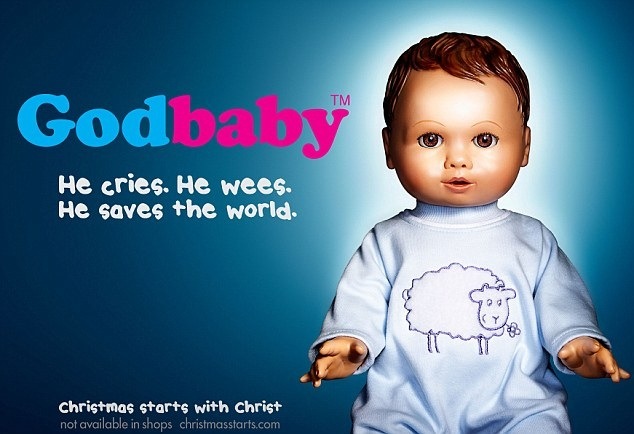 This week the onslaught has begun. It started with the Christmas tree made of red cups in the centre of King’s Cross station. Then I saw Pret have a website counting down the hours until the launch of their Christmas sandwich. I like their Christmas sandwich, but really, it’s only 5 November. John Lewis will ‘premiere’ their Christmas ad this weekend and no doubt it will be the media event of the month. Finally, for now at least, I saw Mulberry’s advert this morning. I’m not ready for it to be Christmas yet, and to there derision of colleagues have spent a lot of this week moaning about the tsunami of Christmas related marketing surging towards me.
This week the onslaught has begun. It started with the Christmas tree made of red cups in the centre of King’s Cross station. Then I saw Pret have a website counting down the hours until the launch of their Christmas sandwich. I like their Christmas sandwich, but really, it’s only 5 November. John Lewis will ‘premiere’ their Christmas ad this weekend and no doubt it will be the media event of the month. Finally, for now at least, I saw Mulberry’s advert this morning. I’m not ready for it to be Christmas yet, and to there derision of colleagues have spent a lot of this week moaning about the tsunami of Christmas related marketing surging towards me.
No doubt someone somewhere is denouncing the #mulberrymiracle advert for blasphemy but I think it’s more interesting than that. Advertising both reflects the values and priorities of culture and seeks to lead them as well – it seeks to tell us what is important. Sometimes this is done subtly, sometimes self-consciously self-deprecatingly, and other time explicit to the point of being surreal. An example of the latter is an Audi Quattro advert I saw in the cinema last weekend. A group of nomadic people in a snow blizzard encompassed landscape have constantly been battling a beast, but no more! For the Audi Quattro has come to their rescue. If a car can do that it can do anything you want it to, it’ll be your hero.
There was another car advert in the same pre-film reel for Toyota which took a very different approach. The theme was ‘take me for granted’, whether old or young, in blizzard or calm, on the school run or on the road trip, this car could be yours to take for granted. Almost as though it wasn’t trying to be anything spectacular (aka the Quattro) but a normal part of your life you don’t notice but can’t live without.
In placing a handbag at the centre of a nativity tableau Mulberry know exactly what they are doing. They are taking something which people recognise and understand. This suggests there is still currency in the traditional scene of Mary, Joseph, a ‘baby’, shepherds, sheep and wiseman (even if they are wearing suits and Christmas cracker crowns). Even the lift of the camera at the end to the star at the close of the advert is an echo of something well known. This is why it’s interesting. In a society where it is increasingly suggested people are unaware of key Christian ideas, this one still resonates. The idea that two people have a child, are visited by strangers and given gifts beneath a star. Christians seeking to relate the birth of Jesus this Christmas may have slightly less work to do than perhaps they thought.
The Mulberry miracle advert is self-aware, it knows what it is doing, it is taking a cultural icon and reformulating it to its own ends. Without the line “It’s just a bag” from Joe towards the end it would be too far-fetched, but that abrupt break makes two connections at once. Firstly it shows that a bag isn’t the messiah, and second it suggests men don’t understand how important a bag is.
It does something else, which I am pandering to in writing this, it gets people talking: is it outrageous? Is it blasphemous? Is it a symbol of our decadence? Or, at the other end of the spectrum I expect it to spawn a slew of Christmas sermons using it as a cultural reference point to explain the real meaning of Christmas. It’s almost so obviously inviting that I can’t help but wonder if it was as much designed to be latched onto by Christians as a springboard, as produced to be denounced. Either way it’s a win-win situation for Mulberry, people are watching a handbag being opened. I didn’t really know who or what Mulberry were until this morning, so that’s already worked in one regard.
If I was to preach a Christmas sermon on this I’d return to Joe’s ‘It’s just a bag comment’. As he says that to looks of ridicule from the assembled crowd, so too do we too often say to baby Jesus, ‘it’s just a baby’. But the shepherds who came to worship knew it was more than that. The wisemen who brought gifts for the baby knew it was. Mary did too. And on the night after Jesus’s birth an angel of the Lord appeared Joseph to tell him to take Mary and Jesus to Egypt to keep them safe. We might like a new handbag for Christmas but would we become refugees in a foreign land to keep it safe?

